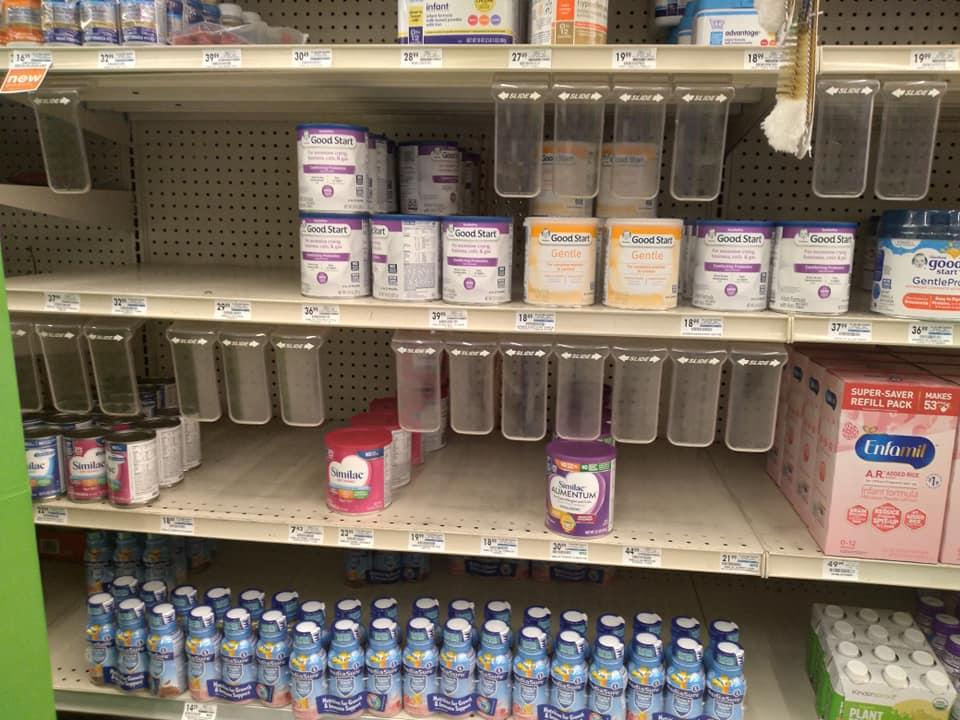Abbott Laboratories, the baby formula producer at the center of a nationwide shortage, stated on May 16 that it reached an agreement with the U.S. Food and Drug Administration (FDA) to reopen its plant in Sturgis, Michigan, after it was subject to a federal investigation over alleged bacterial contamination.
The company cautioned, however, that it could take six to eight weeks from the start of production to when formula products actually start to show up on supermarket shelves across the United States, as parents grapple with shortages.





